by Tom Donelson
Tony Petrovic is a boxer, an old boxer. Now 80, what he has left is memories of times gone past and “Off the Canvas” is author Rusty Rubin attempt to show the changes of America over the past 70 years through the eyes of Tony Petrovic.
This book is written on two levels. The first is the story of two boxers, who struggle through the Great Depression and whose careers peaks during World War II. They succeeded in their goals of becoming world champions. The second level is Rusty Rubin’s vision of American then and now as an old fighter tells us the stories of racism, hunger, and the impact on mobsters upon his life.
Rubin is a boxing writer, who has followed the sweet science for the past five decades. He is the editor of Ringsports.com and this is his first novel. Petrovic’s mother is a single mom who raised Tony and his brother Bill. Tony’s father abandons the youth when they are young and the major male in their lives was Uncle Johnny, who was their father’s brother.
Tony Petrovic tells of the major events that shaped his life and that of America. When he was born in 1923, America was just five years removed from the “War to End All Wars” and prohibition was the law of the land. As Tony wryly noted, Prohibition never stopped any one from drinking. It was Prohibition that gave the mob their first big source of revenues and allowed the gangsters opportunities to operate on a nationwide basis. Boxing would soon be a target of the mob as the 30’s open; the mob gained a foothold in the sport. Many boxers would find that unless they dealt with the mob, they could be left out in the cold when it came to championship fights.
Our two brothers as they became closer to their title shot found themselves sold to a mob-controlled manager, George Grabowski when their manager was given an offer that he could not refuse. Intervention of the feds saved our two brothers but later, Paulie’s gambling would once again threaten their career. As Tony Petrovic was readied for a rematch against a tough fighter, he noted that Paulie was behaving differently. It was as if Paulie was doing everything to ensure Tony’s lost and Tony immediately suspected that his manager was selling both he and his brother down the river. Tony not only won the fight but he used the purse to pay off Paulie’s debt. This act saved Paulie’s life.
Throughout their career, the two brothers would show Paulie loyalty since he trained the two fighters from the time they were young and in many ways, he was like a second father. Tony would take care of his old manager as Paulie neared death at the end of Tony’s career. In the old world of sports, an athlete loyalty to his city, team or in the case of boxing, his manger was more pronounced than today. The modern athlete loyalty is virtually non-existent as money proves to be the determining factor in where an athlete plays. Certainly in a market economy, such movement is expected but sports have always been treated differently. So while Tony loyalty to Paulie would make no sense to us moderns but to an older generation, such loyalty was expected of an athlete.
Rubin gives us a glimpse of racism from a ground level view. Billy Petrovic is killed in Charleston after he failed to defeat a black fighter. While showing the racism of the segregatist south, Rubin also made the point that racism was not just limited to the South. When new owners buy Paulie’s gym, they forbid black fighters from training there and this was Philadelphia. Racism was a virus that affected all of America.
Interesting enough, boxing was the one sport that gave African-Americans their first opportunities to compete with whites and long before Jackie Robinson wore Dodger blue after World War II, Joe Louis was an American Hero! There were black world champions over forty years before a black man would be allowed to compete between the lines of a baseball diamond.
While Rubin gives you the nuances of the boxing world and shows how boxing has changed; the book is not a book about boxing but a book about America with boxing as its background. The boxing scenes of the book gives the non-boxing fans the feeling of being within the ring, Rubin social commentary through the words of the old fighter Tony Petrovic is what dominates the book.
We are given a glimpse of the major events of the world from Pearl Harbor which was my father’s 9/11 through the death of FDR and the end of the World War II. Petrovic would live to see America grow into a world power as America ended its pre World War II isolation to a world power battling the Soviet Empire. As Petrovic lived in the twilight of his life, he once again sees America attacked on his soil on 9/11.
Rusty Rubin tells of the difficulty of Tony’s retirement as his protagonist, “enjoyed the adoration of the fans,” found retirement quite boring. Tony would train fighters but his son and nephew would not follow their fathers into the ring. They would abandon the sweet science for other careers but Tony doesn’t seem that upset. Boxing is a tough sport.
The 80 year old ex fighter appears happy in retirement after having been a world champion and owning a successful business after his fighting career. Petrovic concludes his memories as he defends the sport that provided for his family and observed that “boxing is a job and like any other job, fighters know the risks before they take it.”
He observed how boxing has changed from a sport dominated by white immigrants to minorities and today, African-Americans are now finding competition from Hispanics and European fighters and as Tony notes, “Boxing, like most sports, is a microcosm of our society.” He asks the question of why “these terrorists don’t like Americans. The best answer I can come up with is that we have something they’re jealous of, freedom, something that their fanaticism will never to allow happen in their culture.”
Tony observed how the slow pace of his world has been speeded up and he is not sure if he is comfortable with all of modern day America. He laments how gangs has taken over many inner cities and while he was a victim of gangs in his youth, he noticed, “the gang of youths who at one time roamed the streets of the inner city of Philadelphia, rarely did more than rob you or gave out an occasional beating. Now I seem to constantly read about gang killings and drug and turf wars on a regular basis.” He laments the moral decay that he sees around him and hopes that when he dies, he leaves the world a little better place because of his efforts.
Tony, however, doesn’t regret his life and even with the tragedy that he has witnessed or live through; he would not change a thing. He lost his brother to a racist bullet and his best friend would disappear while registering Blacks voters in the South in the early 60’s.
Athletes are not immune from Society and forces that shapes it. One of Rubin’s points is that the forces on the outside of the world of boxing do raise their ugly head in the life of Tony Petrovic. There are no places to hide and Tony Petrovic lesson for us all is that we can’t hide from the world around us. The hatred and injustice of society will shape us even we try to ignore it.


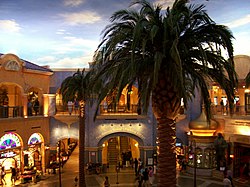



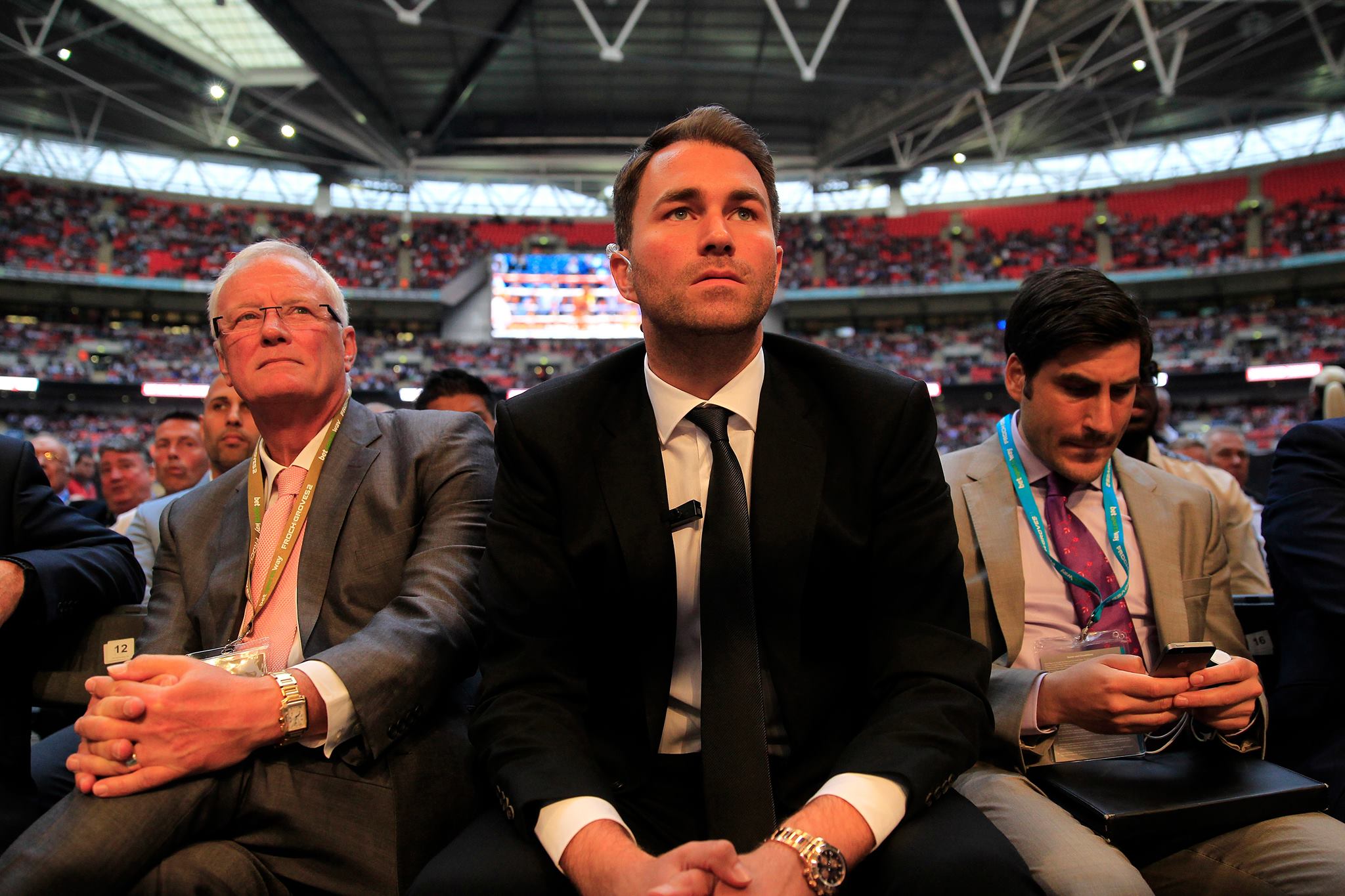
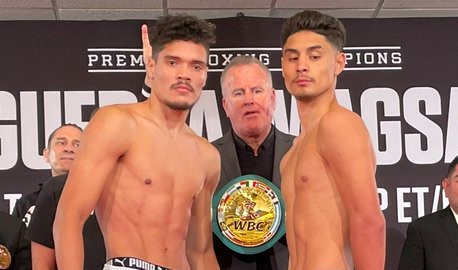
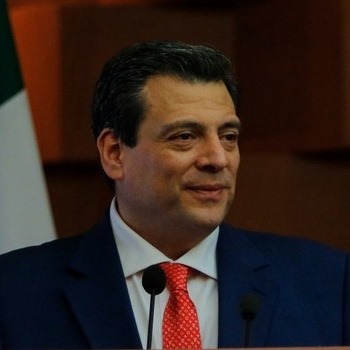







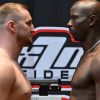
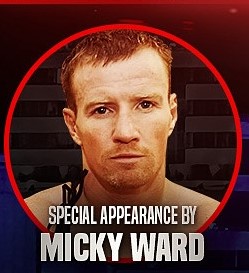

Javon Kieon Blair
05/25/2024 at 3:17 am
We’re a group of volunteers and starting a new scheme
in our community. Your site provided us with valuable
info to work on. You have done an impressive job
and our whole community will be thankful to you.
Javon Kieon Blair
06/11/2024 at 2:49 pm
I’m curious to find out what blog system you happen to be working with?
I’m having some minor security issues with my latest
blog and I’d like to find something more safe. Do you have any recommendations?